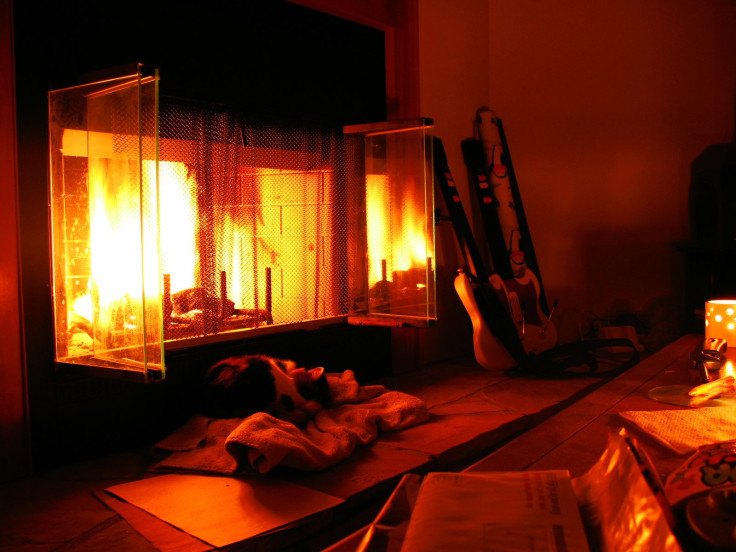
A blackout has left majority of Venezuela without electricity and power. The Venezuela blackout has reportedly eliminated power for 70 percent of the country, including portions of the capital Caracas. The blackout has left the people of Venezuela without traffic lights (and in turn, traffic disorder) and has affected the underground transportation system. Thousands of workers were sent home and power is slowly, and steadily, being restored in various regions of the country. Venezuelan President Nicolas Maduro has blamed the blackout on the opposite, claiming it is "sabotage" to power transmission lines. "Everything seems to indicate that the extreme right has resumed its plan for an electrical strike against the country," he writes in a tweet, adding in a live address on state television that the cuts are a "part of a low-level war" by "twisted and desperate minds."
That said, President Maduro has yet to provide any evidence of the alleged sabotage behind the Venezuela blackout. He did; however, state that he instructed the country's military to "protect the entire country." Opposition leader Henrqiue Capriles has responded to the allegations of sabotage, stating that the government is deflecting attention from the inherent problems in the country by concocting this conspiracy theory. According to the opposition, the government has failed to expand the electrical grid to meet the requirements and have not implemented the required upkeep despite spending billions of dollars. It has been estimated that 70 percent of Venezuela's power comes from hydro-electricity.
According to Deputy Electrical Energy Minister Franco Silva, the Venezuela blackout took place at 12:30 local time (17:00GMT) in one of the national grid's main transmission lines. The cut left a vast majority of the country without power for three hours, after which the power was slowly restored. In the past, government officials have explained the high number of blackouts and cuts by stating that the energy consumption at peak times and poor maintenance of transmission lines are responsible. In response to prior blackouts, President Hugo Chavez signed a decree declaring an "electricity emergency" in 2010 to combat power shortages. While power outages are common in many parts of Venezuela, they are uncommon, typically, in the capital city.
Most recently, Venezuela made headlines for their hair robbery, as thieves were cutting off women's hair to sell at salons. This seemingly odd crime has seen a spike with the growing popularity of hair extensions in Venezuela. Local authorities have nicknamed the thieves "piranhas" and President Maduro spoke out against the crimes promising that the criminals will be caught and justice will be served. Venezuela Hair Robbery: Group Called 'Piranhas' Are Stealing Hair To Sell At Salons As Hair Extensions!
© 2025 Latin Times. All rights reserved. Do not reproduce without permission.





